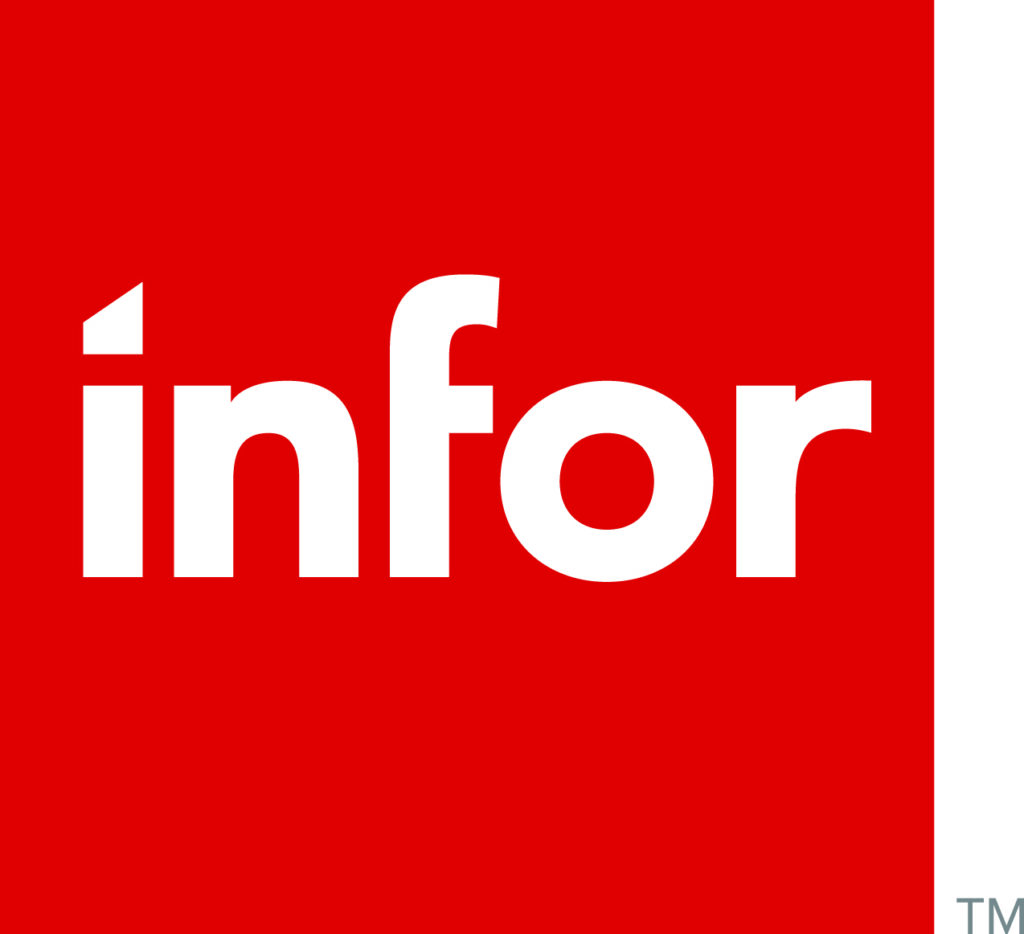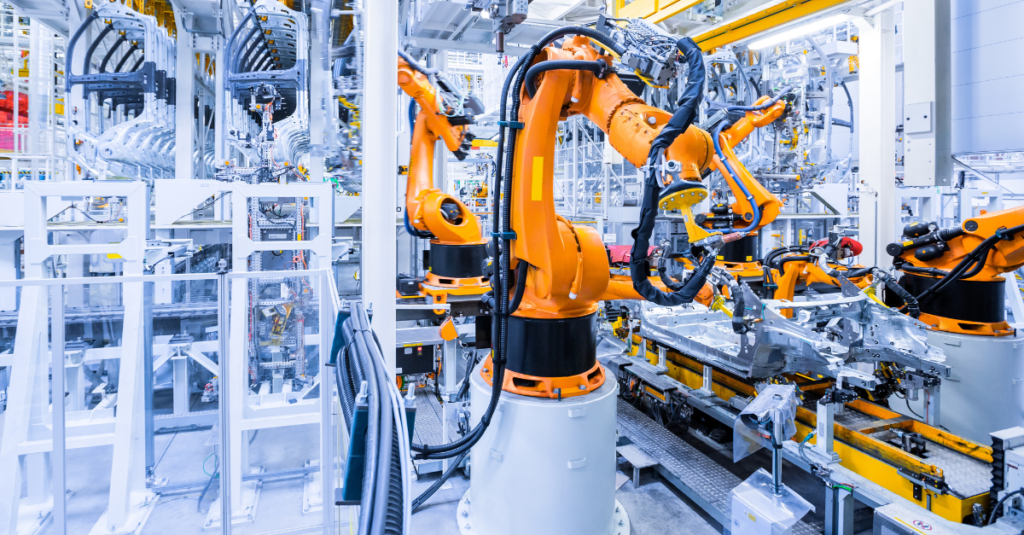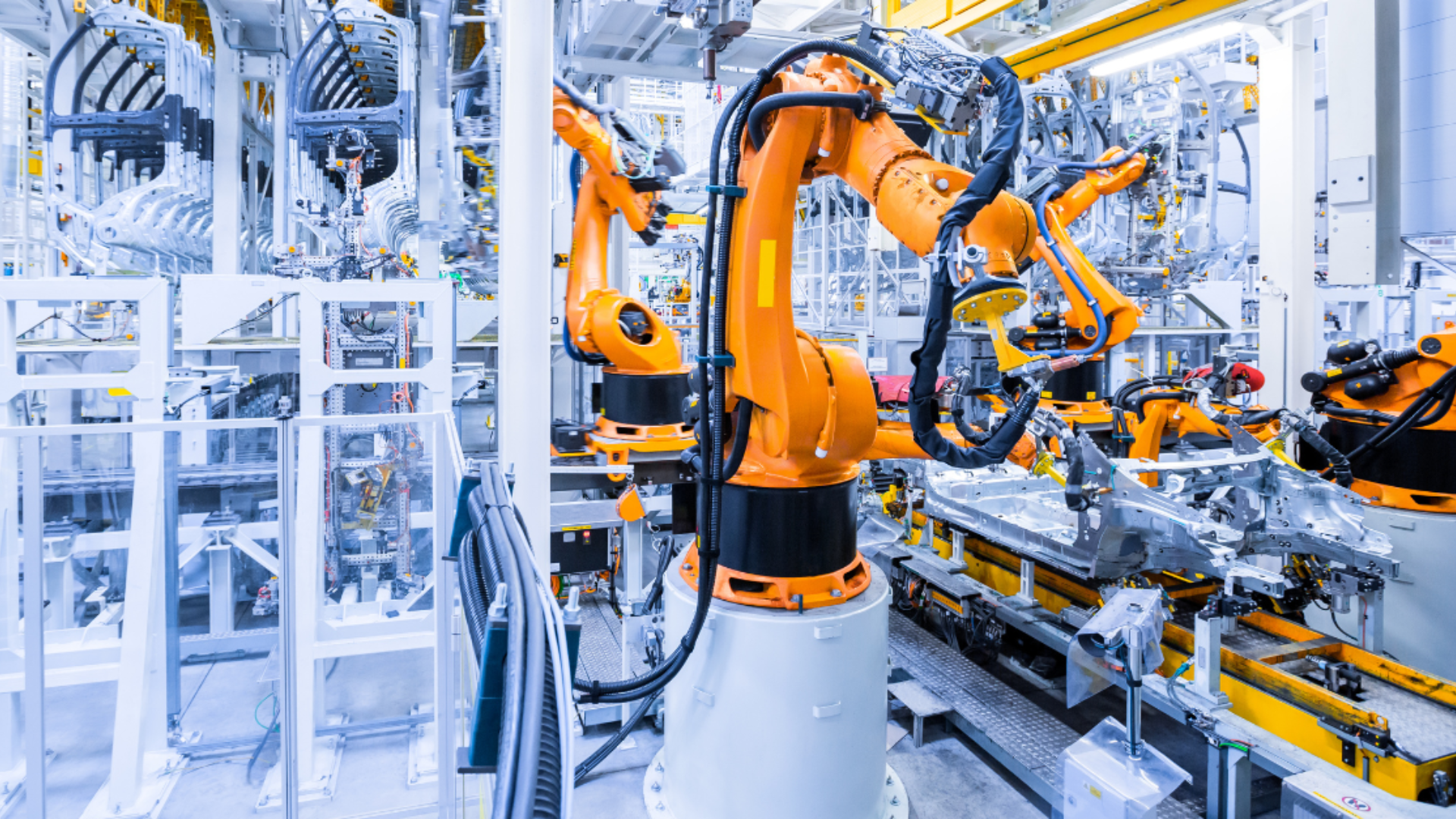Infor®, the industry cloud company, today announced its Infor Enterprise Automation solution, a set of Infor Operating Service (Infor OS) multi-tenant cloud services, built on Amazon Web Services (AWS), which are designed to help companies rapidly scale automation across their organizations by connecting data integration, artificial intelligence (AI)/machine learning (ML), and robotic process automation (RPA) capabilities into a single platform.
With Infor Enterprise Automation, companies can continuously expand enterprise resource planning (ERP) automation capabilities across diverse applications and achieve business results faster – while minimizing integration costs and risks. The solution enables customers to create unlimited automation processes that interact directly with Infor CloudSuites or any other application experience without human intervention.
Infor’s Enterprise Automation solution is unique because it delivers automation capabilities through a single composable platform, Infor OS, which connects systems and people through back-end automation, decision automation and – with the release of Infor RPA – front-end automation.
Steve McEnany, senior vice president at Midwest Wheel Companies, one of the largest truck parts distributors in the Midwestern United States, said, “Infor Enterprise Automation allowed us to bring our entire proof of delivery system into one repository online, so our customer service team can give a quick response to a customer inquiry. With a 95% productivity improvement, our people can focus on servicing customers instead of searching for information in boxes or other applications. RPA Bots process our pickup paper tickets, and Gateway APIs process our electronic truck delivery tickets from a third-party application, all without human intervention.”
Infor RPA completes Infor’s Enterprise Automation solution
With the release of Infor RPA, Infor now provides a complete automation suite, which addresses front-end automation, decision automation, and back-end automation:
- Infor RPA address front-end automation, which includes labor-centric/repetitive, rule-based and high-volume/low-value tasks that are needed to complete a business process.
- Infor AI addresses decision automation through natural language processing (NLP) and machine learning services to streamline task execution, recommend next-best actions, and predict potential issues and adjust systems accordingly.
- Infor iPaaS (integration platform-as-a-service) addresses back-end automation through integration services for the development, execution and governance of workflows connecting any combination of on-premises and cloud-based applications within individual or across multiple organizations.
Massimo Capoccia, Infor chief innovation officer, said, “We have a differentiated solution because we started by addressing the more complex back-end automation. With RPA, we now provide the front-end automation, which enables us to deliver a complete package for enterprise automation. This gives us an advantage over stand-alone vendors.”
Holger Mueller, vice president & principal analyst at Constellation Research, a leading market research and advisory firm, said, “There are not enough developers to build all the enterprise automation that enterprises need today, and business users are frustrated about missing out on automation. With robotic process automation (RPA) and other low-code capabilities, enterprise users can take over and own their automation destiny, and easy-to-use solutions such as Infor Enterprise Automation help them with that. It is a triple win, as business users get the automation they want and need, a win for IT that can focus precious resources on more critical tasks – and a win for the whole enterprise that can increase its levels of automation, thus achieving what really matters: innovation acceleration.”
Companies have been challenged to successfully deploy end-to-end automation
Many companies have been challenged to successfully deploy end-to-end automation because various automation tools have not worked well together. Creating automation flows often has proven too difficult for business users.
Further, business users have struggled to select the right processes to be automated. Current solutions have been brittle and subject to failure. They also have been too expensive to justify the investment and have not generated quantifiable ROI.
How Infor address challenges to end-to-end automation & RPA success
With Infor’s Enterprise Automation solution, all automation technologies, including RPA, are integrated through a common platform, Infor OS. Infor RPA provides a comprehensive set of components to develop and deploy bots that execute tasks just like humans would across a variety of applications, content and actions.
Infor offers a complete automation solution with a growing library of pre-built automation use cases to help customers scale value-driven automation rapidly across accounts payable, accounts receivable, delivery processing, compliance and more.
Customers realize immediate ROI, because Infor provides industry-specific RPA flows for select Infor CloudSuites. Additionally, Infor Enterprise Automation runs on AWS, ensuring consistent reliability, performance and scalability.
Infor also provides a simple and flexible pricing model, based on execution hours, which allows for unlimited bots and developers. This democratizes the creation of automation flows and empowers business users and IT.
Rick Rider, Infor senior vice president of product management, said, “With Infor Enterprise Automation, we’re delivering all the required technology pieces in a differentiated way that connects all levels of automation, regardless of the apps in the composed ecosystem. We want to provide customers the ability to foster a creative culture of continuously enhancing their capabilities without having to introduce new contracts, new technology or differing platforms, which ultimately creates tremendous overhead in just progressing a single idea.
“Ultimately, we’re helping customers blur the lines among RPA, process intelligence, workflow automations, and connected machine learning-based insights,” he noted. “Our goal is to provide customers with a platform, which can help them, regardless of their situation, continue their automation journey without having to be hardcore developers or automation experts – or having a host of prerequisites or costs just to even get started on an idea.”




